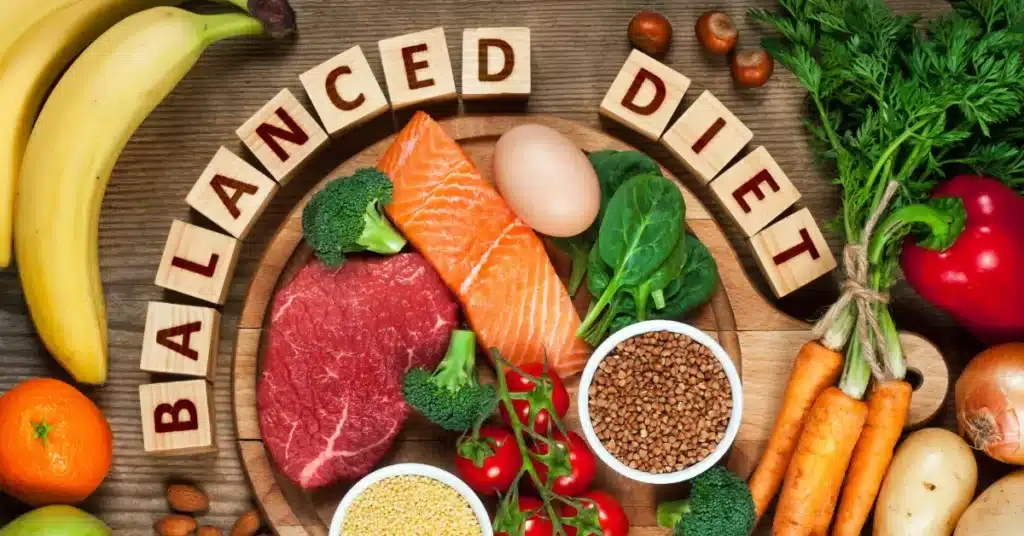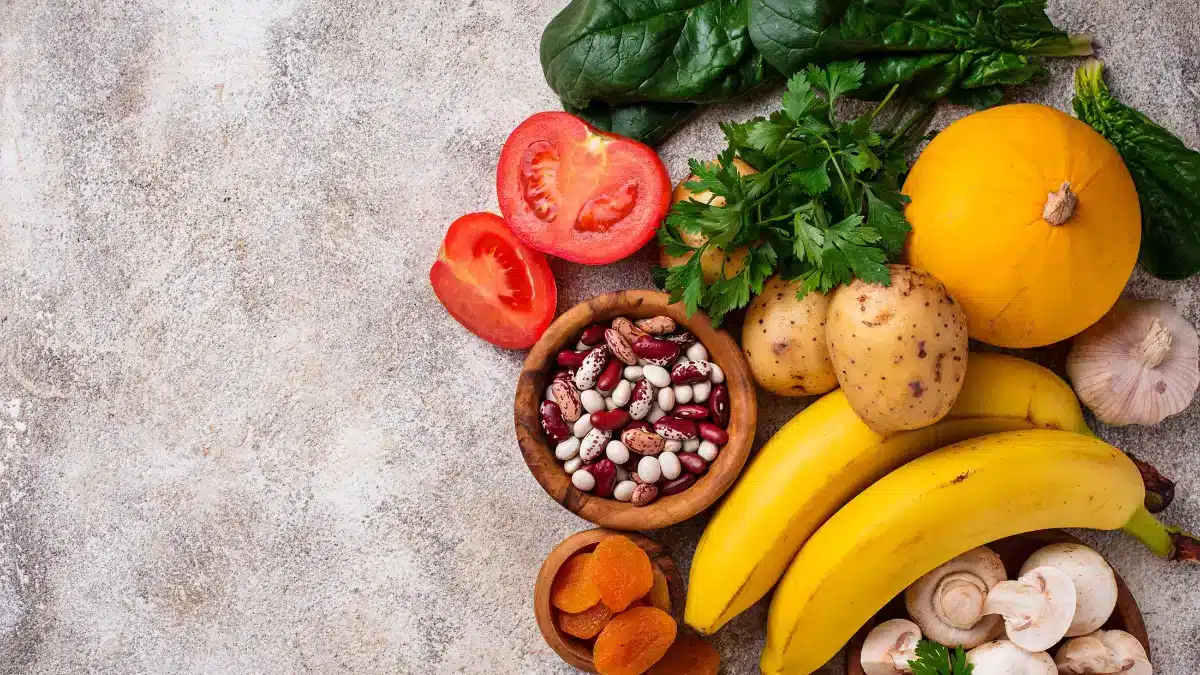Comprehensive Analysis of Natural Progesterone: Origins, Efficacy, and Applications
Natural Progesterone has gained popularity as a hormone therapy option, especially among individuals seeking alternatives to synthetic Progestins.
Many people believe that the body better tolerates natural Progesterone because it is identical to the hormone produced by the ovaries.
However, the effectiveness and safety of natural Progesterone as a hormone therapy option is still a topic of debate.
This article will examine various sources of natural Progesterone and its effectiveness in various aspects of health.
Source of natural Progesterone
While the primary source of natural Progesterone is the human body itself, external sources claim to provide this hormone.
This includes wild yams and certain foods which can balance the hormones.
Certain plants
Natural Progesterone is often derived from soybeans or wild yams containing Diosgenin.
It is a plant compound that can be converted into Progesterone in a laboratory setting.
Products claiming to contain natural Progesterone derived from wild yams typically incorporate pharmaceutical Progesterone.
These natural Progesterones are available as oral capsules, transdermal creams, and vaginal suppositories.
However, it is essential to clarify that the body cannot directly convert Diosgenin, extracted from wild yams, into Progesterone.
Food sources

While food products themselves do not contain Progesterone, certain dietary choices can impact hormone levels and overall reproductive health.
Specific foods may help the body produce more Progesterone or better balance Estrogen levels.
However, limited research supports these claims.
Zinc is associated with fertility and affects the body’s development during pregnancy.
Foods high in zinc include cashews, almonds, chickpeas, kidney beans, and shellfish.
Foods like butter, tuna, spinach, bananas, potatoes, lean red meat, milk, and many other play a role in maintaining balanced hormone levels.
While a diet rich in these foods may potentially boost Progesterone, more research is needed to establish concrete connections.
Efficacy of natural Progesterone
Natural Progesterone has garnered attention for its potential therapeutic benefits in addressing many disorders due to hormonal imbalances.
Understanding its efficacy is crucial for individuals seeking alternative approaches to hormone management.
Osteoporosis and bone health
One of the primary assertions supporting natural Progesterone is its purported positive effect on bone density, as suggested by studies conducted by John M. Lee, M.D.
However, a critical analysis reveals that the evidence needs to be more comprehensive and conclusive.
Lee’s study needs a control group and presents subjective outcomes, making it challenging to draw firm conclusions.
Moreover, factors such as the simultaneous use of Estrogen, lifestyle changes, and supplements question the isolated impact of natural Progesterone on bone health.
The relationship between Estrogen, Progesterone, and bone health is complex, and more research is needed.
Uterine Fibroids
Contrary to what many people think, using natural Progesterone might not actually shrink fibroids.
Fibroids is the abnormal growth or tumor in the uterus wall or womb.
The role of Progesterone in fibroid development is not clear, as research findings have been inconsistent.
The claims that natural Progesterone can act against the effects of Estrogen on fibroids should be approached with caution.
Further research is required to establish a clear understanding.
Cholesterol test
Micronized natural Progesterone resulted in a more favorable cholesterol levels than synthetic Progestins.
Nevertheless, the influence of Progesterone on changes in cholesterol levels throughout the menstrual cycle are not definitive.
For instance, micronized natural Progesterone does not seem to change the lower good cholesterol (HDL).
Further research is needed to fully understand the relationship between Progesterone and cholesterol levels.
Breast cancer risk
Natural Progesterone can help treat and prevent breast cancer.
Recent research shows it can reprogram certain receptors in breast cancer cells, slowing down or reversing their growth.
This is particularly true for cancers with Estrogen and Progesterone receptors (ER positive/PR positive).
It may work even better when combined with Estrogen inhibitors like Tamoxifen.
The study, however, highlights lifestyle changes, such as eliminating hormone-altering chemicals and adopting a healthy diet and exercise.
Pregnancy

If a woman has trouble keeping a pregnancy or has a history of miscarriages, taking natural micronized Progesterone can make the uterus calm and prevent contractions.
It provides support for the baby to grow properly.
For women who might deliver too early, this Progesterone helps lower the risk of early labor and ensures a healthier birth.
Fertility treatment
Sometimes, during fertility treatments like IVF, the natural levels of Progesterone may not be enough.
Other treatments, such as certain medications, can lower Progesterone levels during the crucial luteal phase.
The Luetal phase here refers to the time after egg retrieval and before pregnancy is confirmed.
Studies have been done to see how effective natural Progesterone is in supporting pregnancy during fertility treatments.
These studies compared different forms of Progesterone, like pills or gels.
They found that using natural micronized Progesterone is as effective as other methods in helping women have successful pregnancies.
Conclusion
The use of natural Progesterone as a hormone therapy option has gained popularity as an alternative to synthetic Progestins.
The primary sources of natural Progesterone include wild yams containing Diosgenin, a precursor to Progesterone.
Dietary choices, such as foods rich in vitamin B6 and zinc, may impact hormone levels. Still, more research is needed to establish concrete connections.
Studies suggest potential benefits like breast cancer risk reduction, pregnancy support, and fertility treatment.
However, critical analysis reveals limitations and inconclusive evidence in some areas, such as bone health and fibroid reduction.
While natural Progesterone holds promise in various health aspects, more research is needed to understand its efficacy and safety fully.
Frequently Asked Questions
What is a natural form of Progesterone?
Progesterone is a steroid hormone naturally produced in the human body. However, when referred to as a supplement or medication, natural Progesterone typically means a form derived from plant sources, known as bio-identical or micronized Progesterone. This form resembles the molecular structure of the Progesterone in human body.
Can foods increase Progesterone in the body?
While direct evidence is limited, certain vitamins and minerals in foods may support healthy Progesterone levels. Foods rich in zinc (beef, shellfish, cashews), vitamin C (citrus fruits, broccoli), vitamin B (carrots, poultry), and magnesium (green vegetables, nuts) are associated with hormonal health.
Does natural Progesterone help in premature delivery?
Natural Progesterone may be beneficial in preventing premature delivery, particularly in women with a history of preterm birth. Progesterone maintains the uterine lining and supports pregnancy. However, its effectiveness can vary, and it should only be used under the guidance of a healthcare professional.
Is fungi a source of natural Progesterone?
Fungi are not typically recognized as a natural source of Progesterone. Progesterone is primarily synthesized from plant sterols, such as Diosgenin from wild yam or soy. While fungi may contain various compounds, they are not commonly used as a direct source for progesterone production.
WowRx uses only high-quality sources while writing our articles. Please read our content information policy to know more about how we keep our content reliable and trustworthy.






